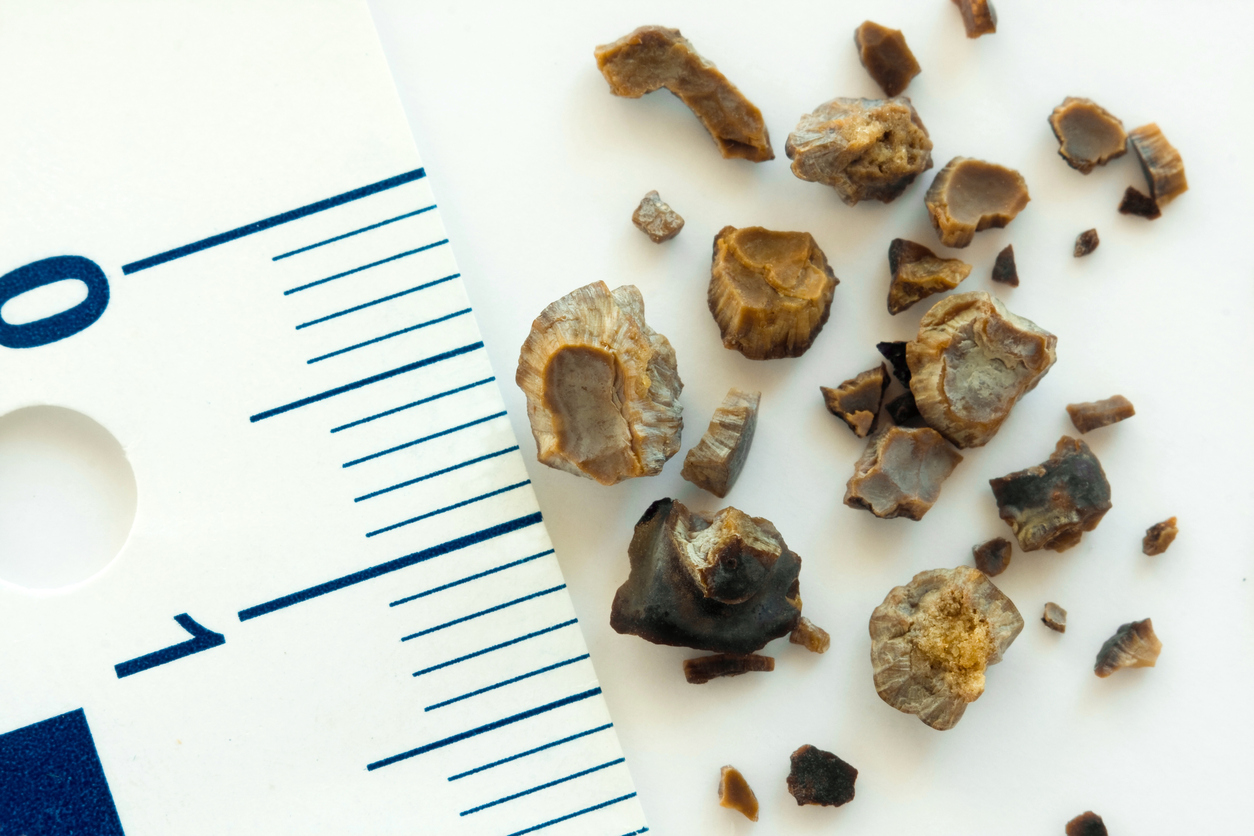How to Treat a Kidney Stone
Your body’s organ systems work together to keep you healthy and strong, each serving a different but vital purpose in helping your body function. Although many people are embarrassed to think about or discuss their urinary tract, properly caring for the organs in this system can be the difference between feeling great and falling ill. Your kidneys, especially, play a key role in expelling all the toxins that could cause you harm. For this reason, kidney disorders or obstructions such as kidney stones could be health-threatening if proper care isn’t sought. We’re diving into how to treat a kidney stone now!
What Are Kidney Stones?
Millions of people have experienced the sudden, excruciating pain of passing a kidney stone. Kidney stones are hard deposits of urine minerals that crystallize and collect inside your kidneys. Though they typically cause no pain while inside the kidney, when they dislodge and begin to pass through the urinary tract, they can cause severe discomfort, leading many to visit an emergency room or physician right away. It usually feels worse than it is. Kidney stones are common and can usually pass without medical intervention.
What Causes Kidney Stones?
If you find yourself drinking very little water during the day, it may be time to start working toward a hydration goal. Kidney stones result from highly concentrated urine minerals that crystallize into a stone, usually due to less urine or dehydration. However, even those who drink water regularly may still develop kidney stones due to their diet, genetics or other medical conditions. You may have a predisposition for the formation of kidney stones if your family members have had them, you have been diagnosed with gout or you eat lots of spinach, beets or chocolate.
How Can I Treat a Kidney Stone?
Sudden pain can be attributed to many conditions, so it’s vital you understand whether or not your pain could be the result of a passing kidney stone. Typically, kidney stones produce severe pain in the abdomen, side, back or groin. This pain may also cause nausea or vomiting, in some cases. Checking your urine may also help you determine if you have kidney stones. Passing kidney stones can cause painful urination, pink or red urine, the feeling of urgency and a foul odor. The pain caused by a stone often shifts locations because the stone is passing through your urinary tract. If the pain starts in your back in the morning, it may shift to your groin in the afternoon as your body prepares to expel it, for example. If any of your symptoms worry you for any reason, seek immediate medical attention.
Often, kidney stones will pass on their own and require no more treatment than pain medication and drinking plenty of water. In fact, drinking water is the best way to flush out a stone and prevent new ones from forming. Drink two to three liters of water a day to fully flush out your system and produce nearly clear urine. Doctors may also recommend mild pain relievers such as naproxen, ibuprofen or acetaminophen for discomfort. If you have trouble passing the stone, your doctor may also prescribe an alpha blocker to relax the urinary tract and allow the stone to pass more easily.
In the case of larger, more damaging stones, many physicians may choose to utilize focused sound waves to break the large stone into multiple small ones. This will relieve some pain and allow the stone to pass on its own. Other stones may require telescopic surgery to remove.
Live Well with Georgia Urology
With proper hydration and appropriate medical care, your healthy urinary tract can ensure you live a life free of kidney stones and painful urination, even in Georgia’s “kidney stone belt.” To learn more about kidney stone treatment options, contact Georgia Urology online. For appointments within 24 business hours, call anytime at 855-STONE11.



